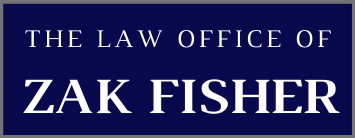Disorderly conduct is a crime that involves disturbing the peace or engaging in disruptive behavior in public. Under California Penal Code section 647, it is illegal to engage in any of the following behaviors:
- Begging or soliciting in a public place, except in designated areas
- Lodging in a public place without permission of the owner or person in control of the property
- Engaging in lewd or dissolute conduct in a public place, or in a place where the conduct is likely to be seen by others
- Loitering or wandering about a public place with the intent to commit a crime
- Engaging in unreasonable or excessive noise in a public place, or in a place where the noise can be heard from a public place
- Refusing to leave a public place when asked to do so by a law enforcement officer
Disorderly conduct can be charged as either a misdemeanor or an infraction, depending on the circumstances of the case and the defendant’s criminal history. If charged as a misdemeanor, it is punishable by up to six months in county jail and a fine of up to $1,000. If charged as an infraction, it is punishable by a fine of up to $250.
In order to be convicted of disorderly conduct, the prosecution must prove that the defendant engaged in one of the behaviors listed above and that their conduct was likely to disturb the peace or provoke an altercation. This means that the defendant must have acted with the intent to cause a disturbance or with a reckless disregard for the fact that their actions could cause a disturbance. Merely being loud or disruptive is not sufficient to support a conviction for disorderly conduct.
There are several defenses that may be available to someone charged with disorderly conduct. For example, the defendant may be able to argue that their conduct was protected by the First Amendment, or that they were acting in self-defense or in defense of others. The defendant may also be able to argue that the police officer did not have probable cause to arrest them or that they were falsely accused.
In addition to criminal penalties, a conviction for disorderly conduct can have other consequences, such as damage to the defendant’s reputation, difficulty finding employment, and difficulty obtaining loans or other financial assistance. It is important for anyone charged with disorderly conduct to seek the assistance of an experienced criminal defense attorney who can help them understand their rights and options and mount a strong defense against the charges.
